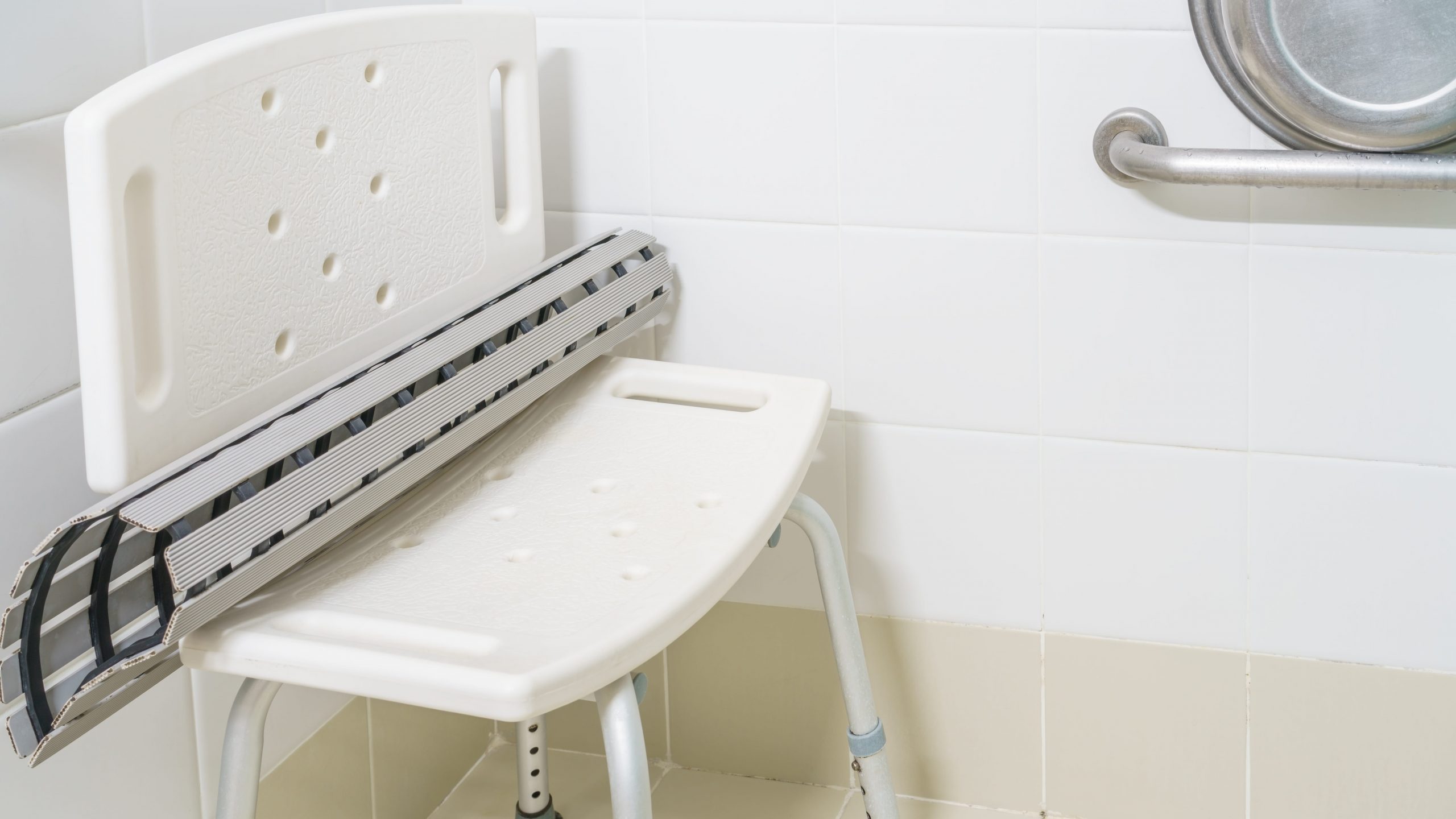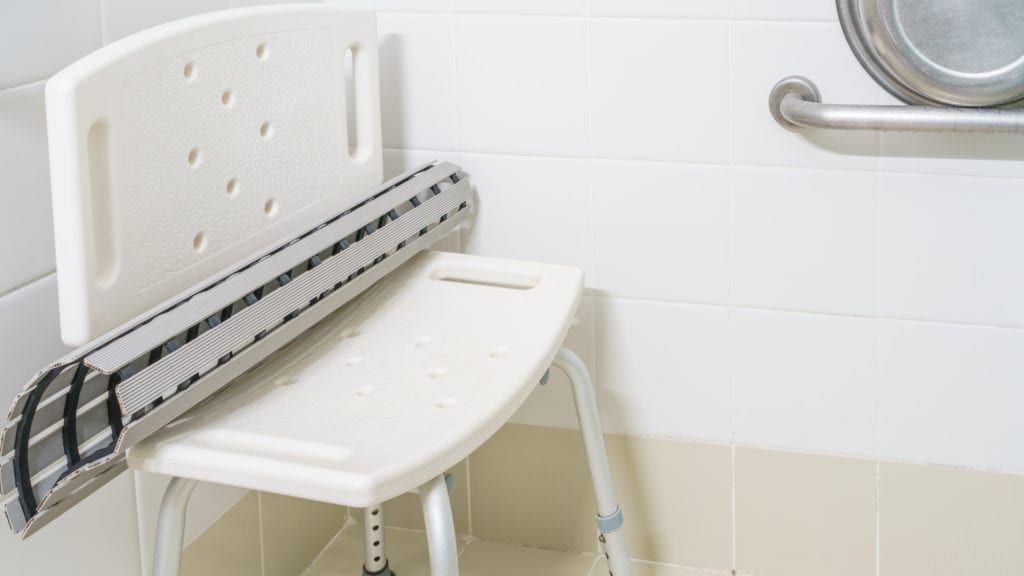Retaining one’s mobility plays an important role in senior health, independence, and longevity. Unfortunately, mobility problems are quite common amongst elderly adults. In fact, the Centers for Disease Control and Prevention (CDC) report that over 18 million adults over 65 are unable (or find it very difficult) to walk even a quarter of a mile. In a US Census Bureau report, difficulty in walking or climbing is reported as the most common disability among seniors.
From chronic conditions to age-related wear and tear of important connective tissues, there are numerous factors that can lead to mobility issues. Although some of these factors are non-modifiable (like age), there are still measures you can follow to delay the process or, at the very least, minimize your risk for injuries or other health problems which can negatively impact your mobility.
How Will You Know If You Have Mobility Issues?
If you’ve experienced any of the following, it might be time to start a dialogue with your physician about your mobility:
- You have difficulty walking at least 10 steps or standing up from sitting in a chair
- You walk slowly and unsteadily
- You experience pain when walking
- Your lower extremities feel weak and can’t support your body weight
Health Tips for Seniors
Many older adults strive to age in place. If you are one of them, you need to observe extra care because there are cases wherein mobility issues stem from physical inactivity.
- Don’t stop exercising. You may need to modify your program if there are muscle groups you need to focus on or if you find some routines painful and uncomfortable. Either way, don’t forget to inform your doctor what exercise you’re planning to do, how intense, and how often.
- It’s not just about hitting the gym, some seniors also like to engage in sports like tennis. It doesn’t matter what you do as long as it’s safe and comfortable for you. Besides, the goal here isn’t just to strengthen the muscles but also to improve your balance and flexibility.
- Warm-up, cool-down, and stretch before and after a workout. This will prepare your muscles, help them recover, and also prevent any injury.
- Listen to your body cues and don’t push yourself too hard. If you start to feel pain, you need to stop whatever it is you’re doing. Exercise is good but you don’t have to suffer to stay active.
- Remember, if gym or serious exercises bore you, there are loads of group sports and fitness activities adapted for seniors that will not only improve your movement but also your social interaction with people. Just as long as you have your doctor’s approval, you can do whatever floats your boat like swimming and dancing.
- Eat healthy foods. Following a balanced diet faithfully is easier said than done but it’s an absolute necessity to keep off the excess weight. Being obese or overweight can add unnecessary stress on your joints which, in turn, can affect your balance and gait. Besides, you can consider this as your fuel so you can properly perform any activity.
- Ask your doctor about the side effects of your medications because some of them might cause dizziness. Voice out any drug-related discomfort to your doctor so that the issue can be addressed.
- Drink plenty of water or freshly squeezed fruit juices to keep you hydrated and limit your carbonated and caffeinated drinks.
- Pick the assistive device that best suits your needs. From walking sticks and poles to canes and walkers, these are designed to help with your mobility needs. Some of them may seem intimidating at first but you will get instructions from your doctor on how to use them properly.
Additional Safety Measures
- Use a shower chair when taking a shower to prevent fall injuries in the bathroom
- Remove clutter and keep large furniture out of common walkways
- Install grab bars or chairlifts to make it easier and safer for you to move around
- Invest in high quality walking aides
- Consider changing your lighting or installing motion detectors especially in your bedroom and bathroom
Don’t shy away from asking another person’s help. If you feel like you will require assistance in your home, tell your doctor about it and he or she will provide you with several options.

